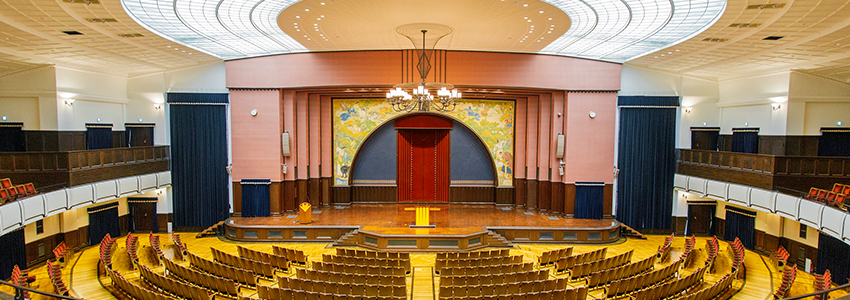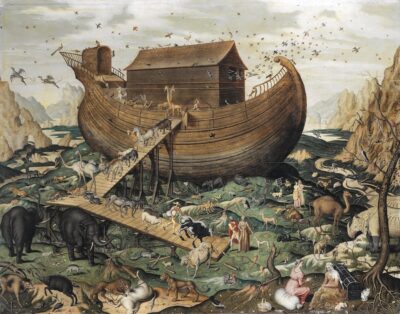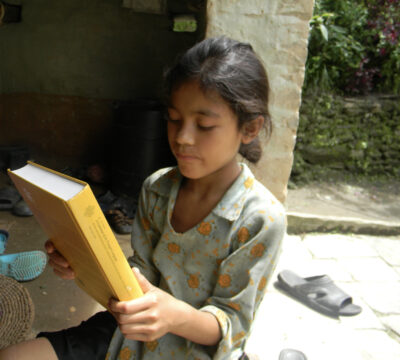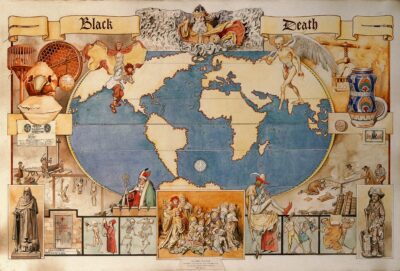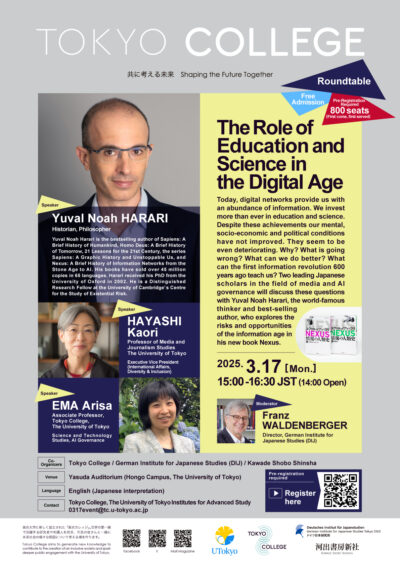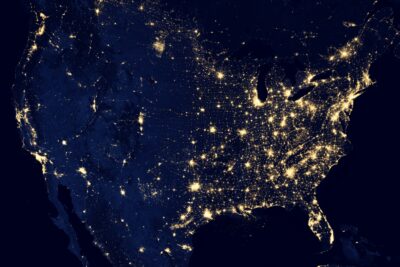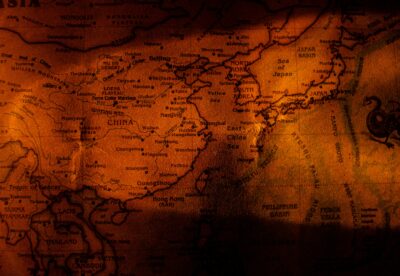Equal Rights, Unequal Reality: Law and Gender Equality in Japan (Lecture by Prof. Frank UPHAM)
イベント予定講演会/LectureWednesday, May 7, 2025 10:30-12:00 JST
Japan outlaws gender discrimination in virtually the same terms as every equivalent country and yet it ranks 118th out of 146 countries, 111 notches below Germany, 103 below the US. Why? Is it that Japanese culture demands women remain meekly at home? If so, why do women graduate from universities at a higher rate than men? Why do they participate in the work force at a high rate? Why do they bring – and win - employment discrimination suits? This lecture will explore these questions and offer tentative – extremely tentative – observations on the reasons.
Beyond World Literature (Lecture by Prof. Wiliam MARX)
イベント予定講演会/LectureThursday, 8 May, 10:30–12:00 JST
World literature has been a reality since at least the nineteenth century. Texts travel across continents and cultures, translated from every language, taught in universities worldwide, and forming an emerging global canon. Never before have we been so free to read whatever we wish, from anywhere. Or so it seems. But is this true freedom, or merely a comforting illusion? What are the boundaries of this seemingly limitless literary exchange? This talk aims to explore those limits and propose a new approach to literature—a different way of reading texts, one that is either entirely new or, perhaps, simply old and forgotten. Welcome to the world library!
Discourses about Environment and Nature in the Hebrew Bible (Lecture by Prof. Thomas RÖMER)
イベント予定講演会/LectureThursday, 22 May, 13:00–14:30 JST
This lecture will argue that the Hebrew Bible contains different views on nature and the environment, especially in relation to the destruction of the kingdom of Judah and its capital Jerusalem in 587 BCE. This event triggered different discourses of crisis management that will be analyzed with the help of a German sociologist Armin Steil who distinguishes three attitudes toward crisis also found in the Hebrew Bible: 1) The prophetic attitude: belief that crisis will lead to a new creation with harmony between humans, nature, and animals; 2) The mandarin attitude: view of disasters as divine punishment without much interest in the environment; and 3) The priestly attitude: construction of a mythic past that offers rituals for the present with interest in the place of humans in their environment. The last discourse offers an important reflection about a possible harmony between all beings.


